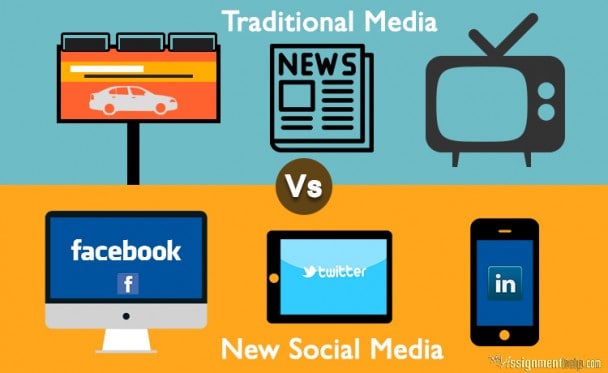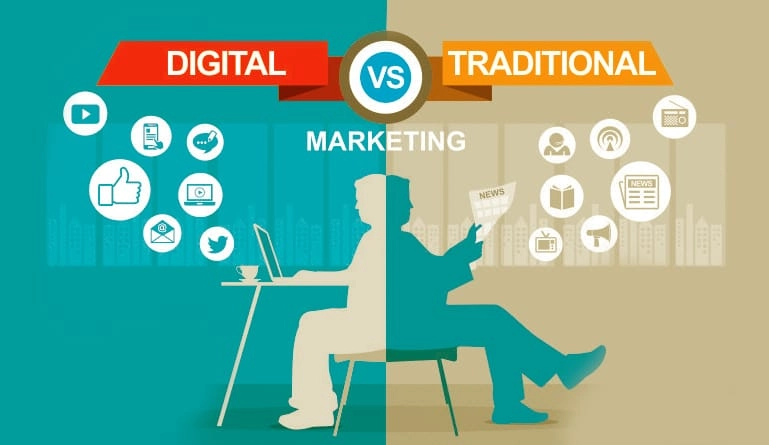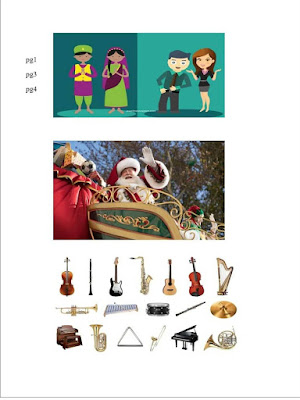TRADITIONAL MEDIA

ABSTRACT
New media platforms have impacted the practices
of traditional media in local environments. New media has created new opportunities for news
organizations to participate in unique storytelling experiences and novel practices
of audience engagement in global, national, regional and local environments.
Many developments have raised questions,
election campaign in 2010. An empirical
analysis which is divided in two parts is the basis for the conclusions. In
first part we analyzed the consumption of different media
from younger generation. The second part of the
analysis gives us the information about consumption of new media from the
candidates in local election campaign
in municipality of Maribor. The empirical data
supports the hypotheses of the paper. First, traditional media requires main
transformation but can not be substituted
completely by new media. The paper will discuss
the role of media, particularly television as the main traditional media.
Second, media audience value medium according to the credibility and quality of
information. According to the results of the survey among the young generation and
according to the short overview of the local election campaign the paper will open the
discussion about
impact of traditional and new media.A survey of
today’s websites and digital initiatives demonstrates that traditional
television practices are now built into various web and digital media
initiatives of local media industry. The future mandates the incorporation of
traditional media into new platforms, but the chief paradigm for following professional
standards should remain the same. The future of traditional and new platforms
depends on their capacity to meet credibility and ethical standard
Introduction Technological, economic,
regulatory, global, and social changes have had a tremendous influence on the
media industry. New media platforms have impacted the practices of traditional
media in local environments and local elections. New media has created new
opportunities for news organizations to participate in unique storytelling
experiences and novel practices of audience engagement in global, national,
regional and local environments.
Accordingly, such presentation and consumption patterns
have had consequences for newsrooms in the digital environment. The political
implications of the media and technological changes are evident in election
campaign. It has been necessary to shift toward a convergence model that
governs the production, distribution, and consumption
·
processes.
New business models reflect changing
·
consumer
realities. The media space is now
·
controlled
increasingly by consumers.
The
increase in media content opportunities has led to audience fragmentation, and
it is unreasonable to expect that media will attract the large audiences of
previous
PERIODS
The growing use of the internet, however, has
raised concerns about the quality and credibility of its content In fact,
credibility is particularly important for new media, because people tend to
avoid using sources that they do not trust Despite the rapid growth in the use
of online information sources, some critics have decried the credibility of the
internet due to its easy access and lack of standards for publishing Many developments have raised questions,

SUCH AS:
·
Will
new media platforms replace traditional media?
·
What is
the role of new platforms in media
ENVIRONMENT
What are
the opportunities of traditional media in an unpredictable future. As media
management changes its organization, we ar convinced that media should remain
in the modern
ERA
The media’s mission has been to contribute to
the development of our society, which is achieved through the primary functions
that the media

Comments
Post a Comment